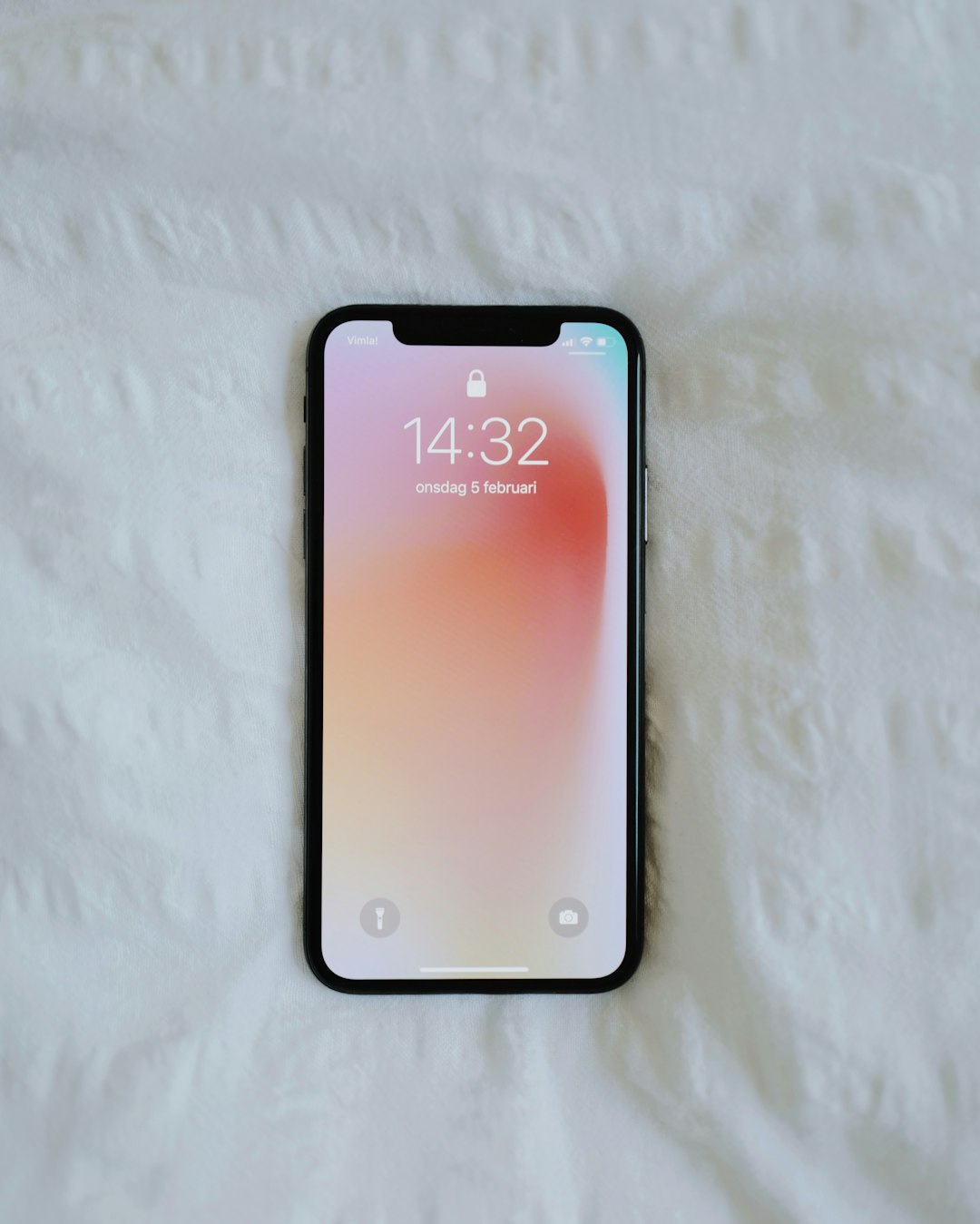New York's TCPA protects residents from spam calls, with strict rules on marketing consent. Public libraries play a vital role in combating spam call law firms by educating patrons about scams, providing tools for reporting, and partnering with authorities to enhance community safety against fraudulent activities, specifically those involving Spam call law firms in New York City.
New York Public Libraries are on a mission to protect their patrons from phone scams, leveraging their knowledge and resources to combat consumer fraud. With spam calls being a prevalent issue across the state, libraries play a crucial role in educating the community about New York’s strict spam call laws. This article explores how libraries are empowering citizens, providing insights into identifying and reporting scams, and offering valuable resources for staying informed. Discover how these institutions are fostering a safer digital environment in New York.
Understanding New York's Spam Call Laws

New York has stringent laws in place to combat spam calls, including those from law firms. The state’s Telephone Consumer Protection Act (TCPA) prohibits unwanted telephone solicitations and prescribes severe penalties for violators. According to this law, businesses, including law firms, must obtain prior express written consent from consumers before initiating any phone call for marketing or solicitation purposes.
This means that if a New York resident receives a spam call from a law firm without their explicit permission, they have legal recourse. The TCPA allows individuals to file complaints with the New York State Attorney General’s office and seek damages for each violation. Understanding and adhering to these spam call laws is crucial for law firms operating in New York to ensure compliance and avoid potential legal issues.
The Role of Libraries in Consumer Protection

New York public libraries are not just hubs for learning and knowledge; they play a vital role in consumer protection, especially in the ongoing battle against phone scams. With the proliferation of spam call law firms targeting residents across New York, libraries have become essential allies in educating communities about these fraudulent activities. Through various initiatives, they empower patrons to identify and avoid such scams, ensuring that citizens can stay protected while enjoying their right to privacy.
By hosting workshops, offering resources, and spreading awareness, these institutions help New Yorkers understand the legal ramifications of spam calls and the importance of respecting personal data. The libraries’ efforts contribute to a broader strategy to combat illegal phone marketing practices, fostering a safer and more informed community.
Identifying and Reporting Phone Scams

New York Public Libraries are on high alert to combat a growing menace—phone scams. With the rise of automated spam calls, particularly from law firms, residents are increasingly receiving unwanted and fraudulent messages. These spam call law firms often pose as legitimate legal entities, attempting to trick individuals into providing sensitive personal information or agreeing to questionable legal services.
Identifying these scams is crucial. Libraries advise patrons to be wary of unexpected phone calls claiming to be from law firms or government agencies. They encourage reporting such incidents to relevant authorities and the Federal Trade Commission (FTC). Reporting plays a vital role in tracking and prosecuting scammers, helping to protect New Yorkers from falling victim to these deceptive practices. By staying vigilant and spreading awareness, libraries are actively contributing to the fight against phone scams, ensuring their communities remain safe and informed.
Library Resources for Staying Informed

New York Public Libraries are crucial resources for staying informed and protected against phone scams, including those from spam call law firms. Many libraries offer workshops and educational programs focused on digital literacy and cybersecurity, teaching patrons how to identify and avoid fraudulent calls. These sessions cover various topics, such as recognizing scammer tactics, understanding the legal implications of interacting with scammers, and using tools like Do Not Call lists and caller ID to block unwanted communications.
Additionally, libraries provide access to a wealth of online resources and databases that help users verify the legitimacy of suspected spam or fraudulent calls. By subscribing to trusted sources and staying informed about current scams, patrons can better protect themselves and their personal information. Libraries also encourage community members to report suspicious calls, contributing to collective efforts to combat phone scamming activities in New York and beyond.
Community Efforts to Combat Fraud

New York Public Libraries are not only hubs for knowledge and learning but also play a crucial role in community efforts to combat fraud, particularly phone scams targeting vulnerable residents. Through partnerships with local law enforcement and consumer protection agencies, libraries offer workshops and educational programs aimed at raising awareness about Spam call law firms preying on the unsuspecting. These initiatives equip patrons with the knowledge to identify suspicious calls, hang up, and report such incidents, fostering a safer community environment.
Additionally, many libraries provide access to resources like online fraud reporting tools and consumer protection guides, empowering citizens to take proactive measures against these scams. Such collective efforts not only protect individuals but also contribute to a broader strategy to combat fraudulent activities in New York City, ensuring that the community remains vigilant and informed.






